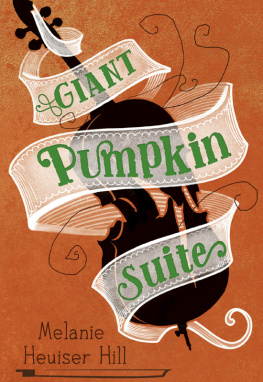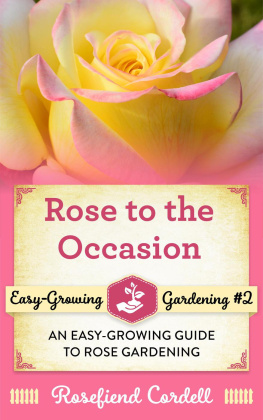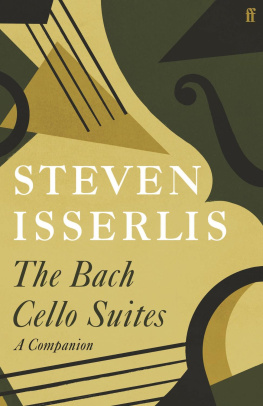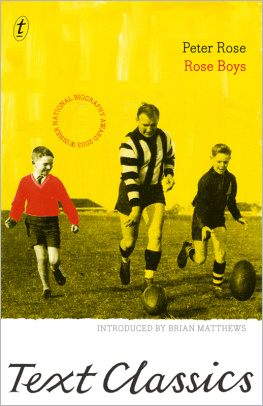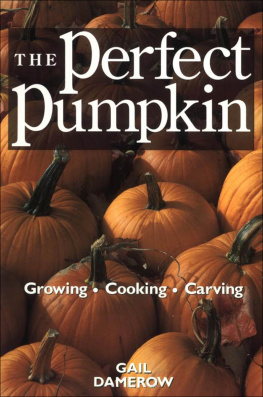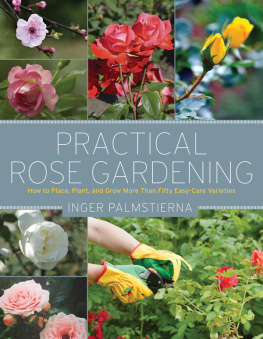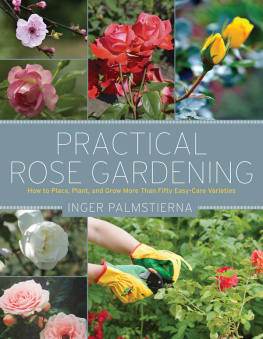
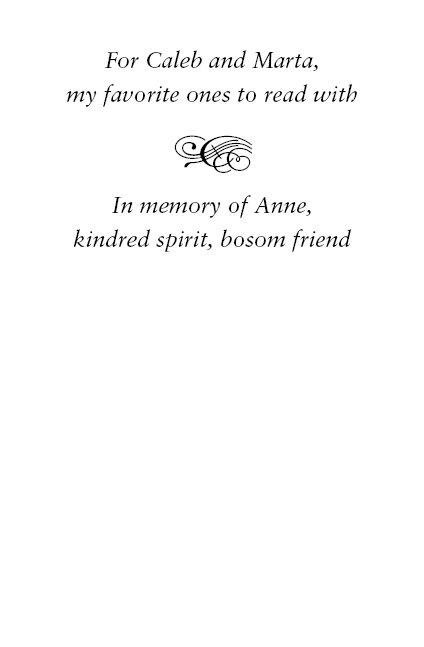
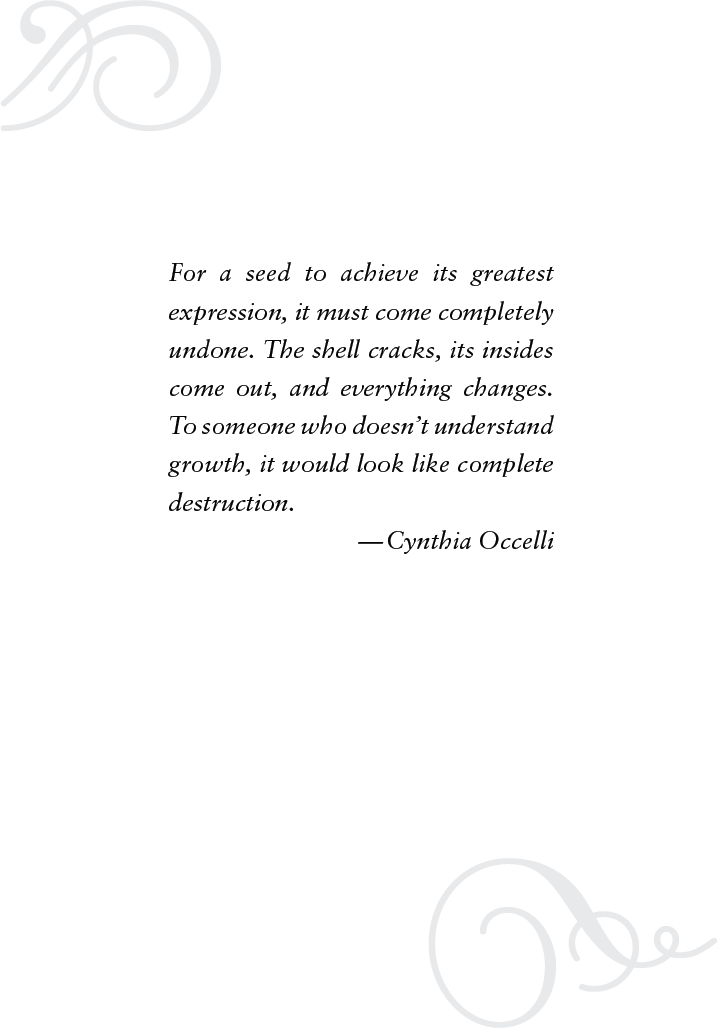
R oses bow zinged off the cello strings. Thomas hit the button on his stopwatch and grinned.
Three minutes exactly! he said. Five whole seconds faster than Yo-Yo. Your bow was flying.
Rose tucked a stray curl behind her ear and tried not to smile. She could hear the admiration in her brothers voice. Thomas didnt know much about music, but he was impressed by speed.
Bachs Cello Suites are not a track-and-field event, she said. Still, Suite no. 3s gigue wasnt easy... and she had just played it five seconds faster than world-renowned cellist Yo-Yo Ma! The important thing was how well she played it, however not how fast. But she had just played it very well, she knew. And fast, which was immensely satisfying.
Dont worry, said Thomas. It sounds good, too.
Thomas stood in front of her, his big toe on the cellos endpin. When Rose sat and Thomas stood, they were the same height. She lost seventeen inches just by sitting down. She grabbed her pad of sticky notes and wrote SIT MORE! on a bright lime-green square. She folded it over so the sticky part was covered, and then shoved the note into her pocket, down along with the other goals crumpled in the pockets depths. She already sat two to three hours a day while she practiced, so this would be an easy goal to achieve; shed be practicing more, not less, in the coming weeks.
Rose liked achieving goals small ones, like SIT MORE, but larger goals, too. Currently, the largest goal in her pocket was WIN BACH CELLO SUITES COMPETITION. That sticky note was soft and worn and had lost much of its bright-pink color. Shed been carrying it around for more than a year. Soon it would be achieved. At least she hoped it would.
Any special numbers in that one? Thomas asked as he wriggled his toe against the endpin.
Rose scanned the music in front of her, looking for a pattern or sequence she might have missed. Bach could be tricky she couldve been looking at it for months and missed it. I dont think so, she said finally. Bach doesnt always do it. And the numbers are significant, not special.
Special sounded like shed made it all up, and she had not. Bach liked math and puzzles and ciphers, and he included them in the notes and structures of his music. It sounded silly when she tried to explain it, but it wasnt scholars of Bach studied how he used numbers. Harris Waldenstein, judge of the upcoming Cello Suites Competition, wrote a book about it, in fact. Her favorite chapter was on Bachs musical use of the number fourteen.
Rose flipped back in the music to Suite no. 1 and started the prelude. If you assigned a number to each letter of the alphabet a somewhat common practice in Bachs time, apparently J. S. Bachs last name added up to fourteen:
B (2) + A (1) + C (3) + H (8) = 14
He used the sum of the letters in his name in creative ways in his compositions. Harris Waldenstein said it was Bachs way of building in a cryptic signature. It was interesting that Yo-Yo Mas last name also added up to fourteen:
M (13) + A (1) = 14
Which obviously was significant, given how beautifully he played Bachs Cello Suites.
This is the one that has forty-one measures, right? said Thomas. He stood behind her and looked over her shoulder at the music. Rose had numbered the measures in pencil it was helpful at her lessons.
She nodded and kept playing. Forty-one the mirror of fourteen was another number that appeared in Bachs music with unusual frequency. Fourteen and forty-one were Bachs favorite numbers, according to Harris Waldenstein. Along with five, because the digits in those two numbers one and four added up to five.
It was all so clever. Bach was a musical genius, but he didnt stop with beautiful music. He had all these jokes and numerical riddles running in the notes forward, backward, and upside down sometimes. Two of her favorite things in one package: math and music! Oh, how she loved Bach!
What about that last chord? asked Thomas. Isnt that measure number forty-two? That doesnt seem very significant.
Rose ignored him and kept playing. Thomas thought Bachs number games were ridiculous. And he was right about the prelude there was a final measure that added up to forty-two, but it was just one chord, and Rose didnt count that. It was like The End in a story. In her mind, Suite no. 1s prelude the glorious opening of the entire suite cycle was a forty-one-measure piece. And that was significant.
Im heading to Mr. P.s, said Thomas as measure forty-twos chord faded. Do you want to come with?
Suite number four needs work, said Rose.
Okay. Ill leave the stopwatch here. He hung the strap on her music stand. In case you want to time it yourself.
You can take it, Rose said. Ill be starting and stopping a lot. Say hi to Mr. Pickering.
Come over when youre done! Thomas called as the storm door clattered shut behind him.
Probably not. She needed to tighten up the trills in Suite no. 4s courante movement. Mrs. Holling, her cello teacher, said her trills were too loosey-goosey. Bach was never loosey-goosey.
Rose closed her eyes and started Suite no. 1s prelude one more time, to put herself in the right frame of mind for working on Suite no. 4. When she closed her eyes, it felt as if the music played through her as if she, not the cello, were the instrument. She adored the first forty-one measures of the suite cycle. It was probably the most well-known movement of the Bach Cello Suites. Shed been playing it since she was little she had played it when she auditioned for Mrs. Holling, in fact, when she was just six years old. And soon she would play it for Maestro Harris Waldenstein!
Just as she reached the forty-second measure for the second time, Thomas crashed through the back door. Her bow screeched across the cellos strings and her eyes popped open to see the alarmed face of her brother in the kitchen doorway.
Whats wrong?
Mr. P.! said Thomas. Come help!
He was gone before she could reply.
As quickly as she could, Rose placed her bow on the music stand and leaned her cello on its side on the floor. It was Mrs. Hollings cello not the one she currently played, but the one she played through college and graduate school and even after. She let Rose use it because it was a nicer instrument than anything Mama and Gram could afford to buy or rent. It was important to have a nice instrument.
As soon as she was sure the cello was stable, Rose ran out the back door and across the yards to Mr. Pickerings house. She hurried up her next-door neighbors back steps and into his kitchen.
Everything was quiet.
Thomas?
Down here!
Rose moved to the tiny landing at the top of the basement stairs. The bare bulb at the bottom of the stairs showed Mr. Pickering in a crumpled heap on the floor.
Ah... my second rescuer, Mr. Pickering said in a small voice.
Thomas waved her down impatiently. Rose grabbed the handrail and started to descend the steep stairs. She felt like a daddy longlegs. Her feet hung over the edge of each step and her legs shook as she rushed. She slowed down just a little. She couldnt trip shed land on Mr. Pickering.

